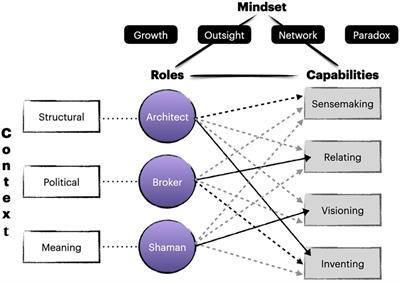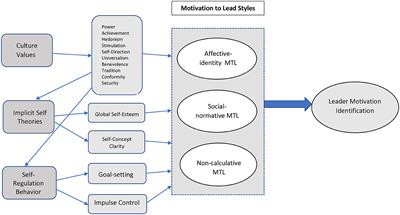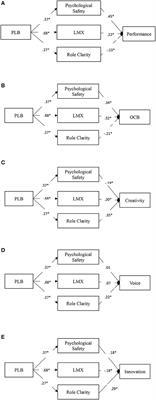ORIGINAL RESEARCH
Accepted on 20 Jan 2025
"FROM FOOTBALL PITCH TO BOARDROOM"
doi 10.3389/forgp.2025.1420038
- 103 views
2,357
Total downloads
10k
Total views and downloads
ORIGINAL RESEARCH
Accepted on 20 Jan 2025
PERSPECTIVE
Published on 27 Jun 2024

BRIEF RESEARCH REPORT
Published on 29 Sep 2023

MINI REVIEW
Published on 02 Aug 2023
